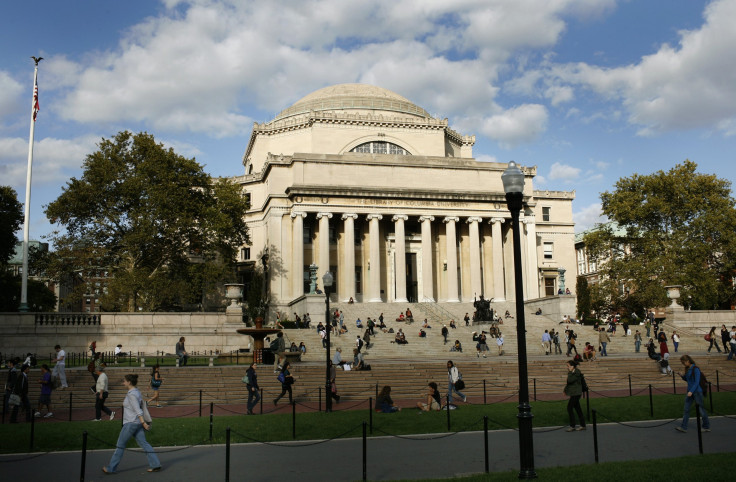College Costs 2016: Wealthiest Schools Could Risk Tax-Exempt Status Under New Financial Aid Proposal

The country’s wealthiest schools could lose their tax-exempt status unless they devote 25 percent of their annual endowment incomes to financial aid for middle- and low-income students, if a U.S. congressman’s proposal goes forward. A draft congressional bill stipulates that schools would lose their nonprofit status if they didn’t comply for three consecutive years, Bloomberg reported Friday.
The bill is being sponsored by Rep. Tom Reed, R-N.Y., and would result in nearly 100 endowments being given, with assets equaling more than $1 billion. Reed has argued that U.S. schools receive financial benefits under their nonprofit status, such as tax-free investments and tax deductions for donors. Meanwhile their students struggle under the burden of skyrocketing tuition and growing student debt.
“Potentially billions of dollars are at stake, and that gets people’s attention,” Reed told Bloomberg. “This is a tool that allows us to bridge the gap between now and the times when these costs are put on a downward trajectory.”
Annual college tuition costs have been surging for years, meeting an average of nearly $48,000 at four-year private schools this academic year, according to estimates from the College Board.
Universities have been wary of the proposal, which would affect 92 schools with the largest endowments, arguing that their endowments are needed for their operating costs. Amherst College, Grinnell College and Princeton University, for example, all rely on their respective endowments to cover approximately half of their operating budgets.
“It’s a big mistake for Congress to try to fine tune and meddle in these kinds of decisions,” Henry Bienen, former Northwestern University president, told Bloomberg. “The circumstances of different universities are not the same with regard to their financial aid policies and their spending and the size of their endowments and who holds the endowments.”
© Copyright IBTimes 2025. All rights reserved.





















